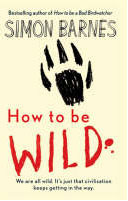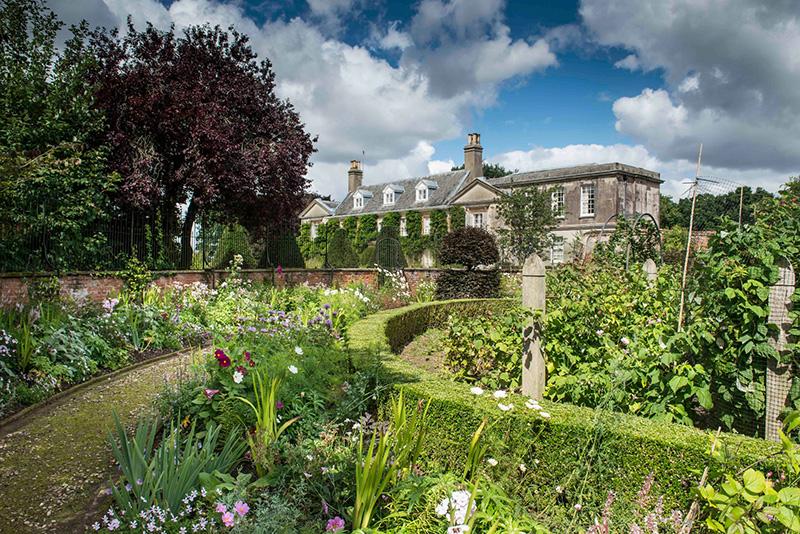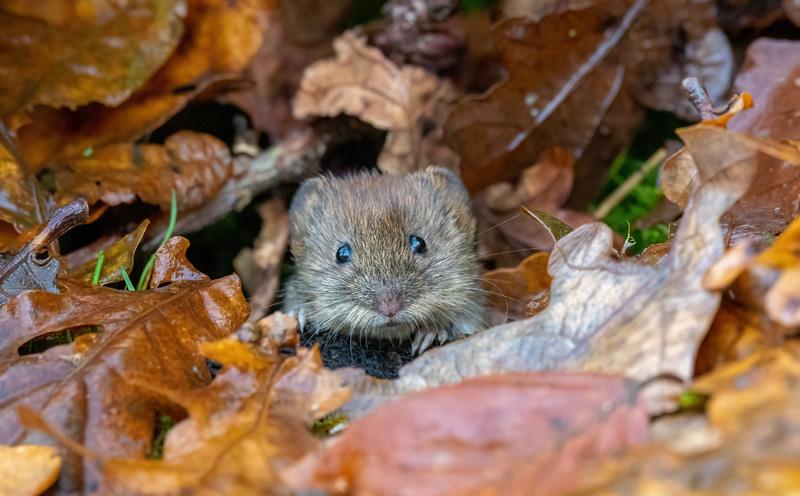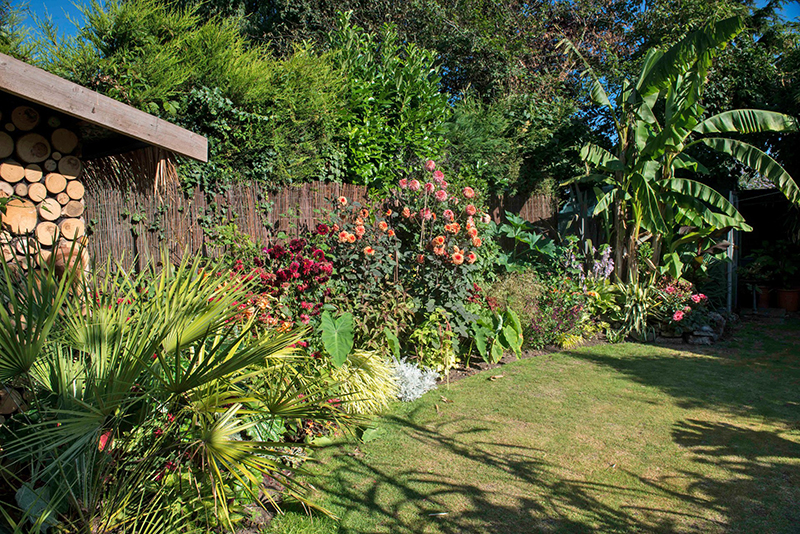 How to Be Wild – Simon Barnes
How to Be Wild – Simon Barnes
by Leena
A fair number of books about wilderness have come out in 2007. I have yet to read the others, but I’m guessing How to Be Wild is at the most accessible end of these. A record of a year in the life of a keen amateur naturalist, it is a collection of personal anecdotes and general observations, divided into short, snappy chapters and told in a chatty, colloquial style (some may find the swearing a little unnecessary) with occasional raptures thrown in (as here, on nightingales: ‘It is the song of everything: it is the song of all birds: it is the song of all life: it is the song of the earth, and of the heavens, too’).
How to Be Wild is a needed reminder that in the modern world it is far too easy to cut ourselves off from the wild, and that we are hurting ourselves by doing so. It reminds us to seek out – and watch out for – the wild in all places. Barnes contrasts his recollections of the Luangwa Valley in Zambia with scenes from his home in Suffolk, and neither of these places is declared the more valuable for being more or less wild. Not surprisingly – considering that Barnes has also written a book titled How to Be a Bad Birdwatcher – this book is brimming with bird-talk, and birds are an excellent emblem for the kind of nature-awareness that he advocates.
The birds twittering in a suburban garden are part of ‘Unofficial Nature’: seemingly ordinary, (too) easy to forget, but none the less wild for that. The food we eat bears little resemblance to its source; we are so isolated that our healthy fear of danger is transformed into a fear of all things remotely natural. ‘We lose our sense of trust in the wild world: we begin to forget that we need it. We impoverish ourselves and then we begin to consider it an enrichment.’
In my case Barnes is preaching to the converted, but he has inspired me to start birdwatching. If he calls himself a ‘good bad birdwatcher’, I am a very bad bad one – ever keen to get my ancient pair of binoculars and observe birds doing strange things in the garden (sparrows squabbling, a pigeon chasing away a squirrel and being chased away by two squirrels in return, a young crow destroying our flowerbeds by delightedly throwing blue – always blue – flowers in the air, a lazy falcon lounging in the garden-chair and wondering why dinner isn’t served straight in his mouth…) but that’s more or less the extent of my expertise.
Barnes, on the other hand, is very convincing about the joys of recognising and naming. After all, naming and categorising are essential parts of the way we experience the world: being unable to call something by its name makes it all the easier to ignore. Little by little anybody can be ‘rehabilitated’ and learn to understand the natural world better.
All that said, the book have done with some trimming: it is a little repetitive in places – a complaint that Barnes seems to anticipate, pointing out that nature repeats itself too! – and peters out towards the end, as there is no natural conclusion. (Pun somewhat intended, but not quite.) The mish-mash of anecdotes, trivia, and environmentalist credo is held together by sheer enthusiasm, and this enthusiasm does sweep the reader along, but the work – and the argument – might have been even stronger with a firmer structure.
 Final Verdict: Naturalists might be looking for something more scientific, and those who’d benefit most from reading this book will probably suffer from slight trivia-exhaustion at the end of it; but How to Be Wild is an inspiring read all the same. It isn’t a feel-good book – Barnes is realistic about environmental disasters – but it makes you feel that little bit better, more hopeful and optimistic about the future.
Final Verdict: Naturalists might be looking for something more scientific, and those who’d benefit most from reading this book will probably suffer from slight trivia-exhaustion at the end of it; but How to Be Wild is an inspiring read all the same. It isn’t a feel-good book – Barnes is realistic about environmental disasters – but it makes you feel that little bit better, more hopeful and optimistic about the future.
As the author puts it himself, ‘If we love wildlife, we want wildlife to survive. That colours our view of what we see; changes our way of looking at the world. We see a place of infinite fragility, peopled by infinitely vulnerable beings. . . . But behind that, there is also a fierce sense of joy: a joy that is bellicose, confrontational, determined. This is too good. Too good to lose. No, they shan’t bloody ruin it. Not this.’
Short Books, 2007; hardback, 282 pp.; £12.99; ISBN: 9781904977971








